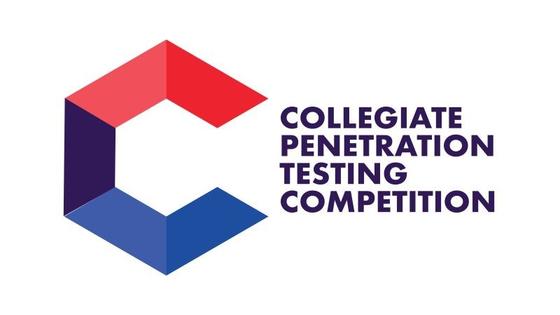Rochester Institute of Technology and Alstom: Collegiate Penetration Testing Competition
Alstom is the proud theme sponsor of the Collegiate Penetration Testing Competition (CPTC), the world’s largest offense-based collegiate cybersecurity competition started by the Rochester Institute of Technology’s ESL Global Cybersecurity Institute. Now in its 9th season, this competition bridges theoretical learning and real-world cybersecurity skills, uniting over 100 schools worldwide and providing college students with hands-on experience in technology, communication and collaboration.
A high-level collaboration to strengthen cybersecurity in rail transportation
The support for the CPTC goes beyond a single event, as Alstom and the Rochester Institute of Technology’s ESL Global Cybersecurity Institute have entered a three-year Memorandum of Understanding. This collaboration spans digital mobility student recruitment, research, student projects and Alstom’s role as an educational contributor.


Game on: Penetration test on critical infrastructure
The best new talent coming into the cybersecurity industry will battle for a championship trophy at the CPTC global finals from January 11-14, 2024 at Rochester Institute of Technology.
Top cybersecurity students from across the globe form teams and compete across 9 regions before the top 15 teams advance to the international finals in January 2024.
In this year’s scenario, students will conduct a security assessment and penetration test for an airport. Alstom, a provider of fully integrated transportation system from rolling stock and signalling to infrastructure and services, introduces a transportation element to the competition, with a special emphasis on people movers moving passengers efficiently and comfortably between terminals.
Competitors might have the chance to assess airport management software, try to phish employees, and evaluate the public Wi-Fi - all while ensuring that their cybersecurity work does not jeopardise the confidentiality, integrity or availability of the airport’s systems.
With a carefully defined scope, the scenario immerses student in activities performed during actual pen testing engagements conducted by industry professionals and security departments globally.
Evaluation of the teams extends beyond a successful pen test, but also the quality of their reports and presentation skills. This replicated real-world situation, provides students with invaluable experience in addressing cybersecurity challenges within a critical infrastructure setting.

How can pen testing improve your railway system?
Pen tests on railway systems are done to evaluate the effectiveness of the railway systems’ security and identify potential vulnerabilities and weaknesses. By simulating cyber-attacks or adapting cybersecurity tools, organisations can proactively assess potential threats and strengthen their defenses.











